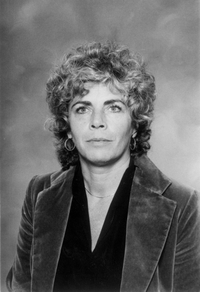Caracol Beach
Eliseo Alberto. Alfred A. Knopf, $25 (304pp) ISBN 978-0-375-40540-2
A lifetime of activity is crammed into one June night in 1994 in exiled Cuban writer Alberto's hallucinogenic second novel, and first available in English, set around the small Florida resort community of Caracol Beach. Alberto (Beto) Milan s, the town's auto salvage yard night watchman and a Cuban veteran of the 1976 Angolan guerrilla war, suffers from a postcombat disorder. Ever since he stumbled away from a jungle ambush that wiped out the rest of his squad, Beto has believed he is being hunted down by a winged Bengal tiger. The American military advisers and war correspondents who find him wandering about deliriously days after the ambush arrange for his migration to the U.S., and for 18 years he has lived in Caracol Beach. He dreams constantly of killing himself to escape his hallucinatory nemesis and the guilt he feels for surviving, but he is unable to initiate the act. In a desperate attempt to put an end to his misery, he decides to take a hostage in hopes that her rescuers will shoot him. His unwilling conscript in this death wish is Laura Fontanet, a half-Cuban cheerleader celebrating her high school graduation. Laura's kidnapping draws in Beto's one-time savior, the local retirement-bound Puerto Rican constable Sam Ramos, who years before helped rescue Beto in Angola, and also the two rivals for Laura's affections, the high school's top jock and its number one egghead--as well as a varied supporting cast that includes Ramos's transvestite son, his son's Armenian lover, a rookie deputy and many others. Alberto, who has adapted Garc a Marquez's short stories for film, shows Marquez's influence in lyrical flights of prose and foretold deaths woven into the complex plot. But his cultural allusions to santer a saints and baseball, plus and the manic video-montage pace of the tale, make this compelling, touching and sweetly whimsical novel wholly his own, a triumph of storytelling. (May) FYI: Alberto won Spain's Alfaguara Prize for fiction and co-wrote the screenplay for the film Guantanamera.
Details
Reviewed on: 05/01/2000
Genre: Fiction
Paperback - 304 pages - 978-0-375-70506-9
Paperback - 978-84-204-8370-2
Paperback - 419 pages - 978-84-663-0194-7


